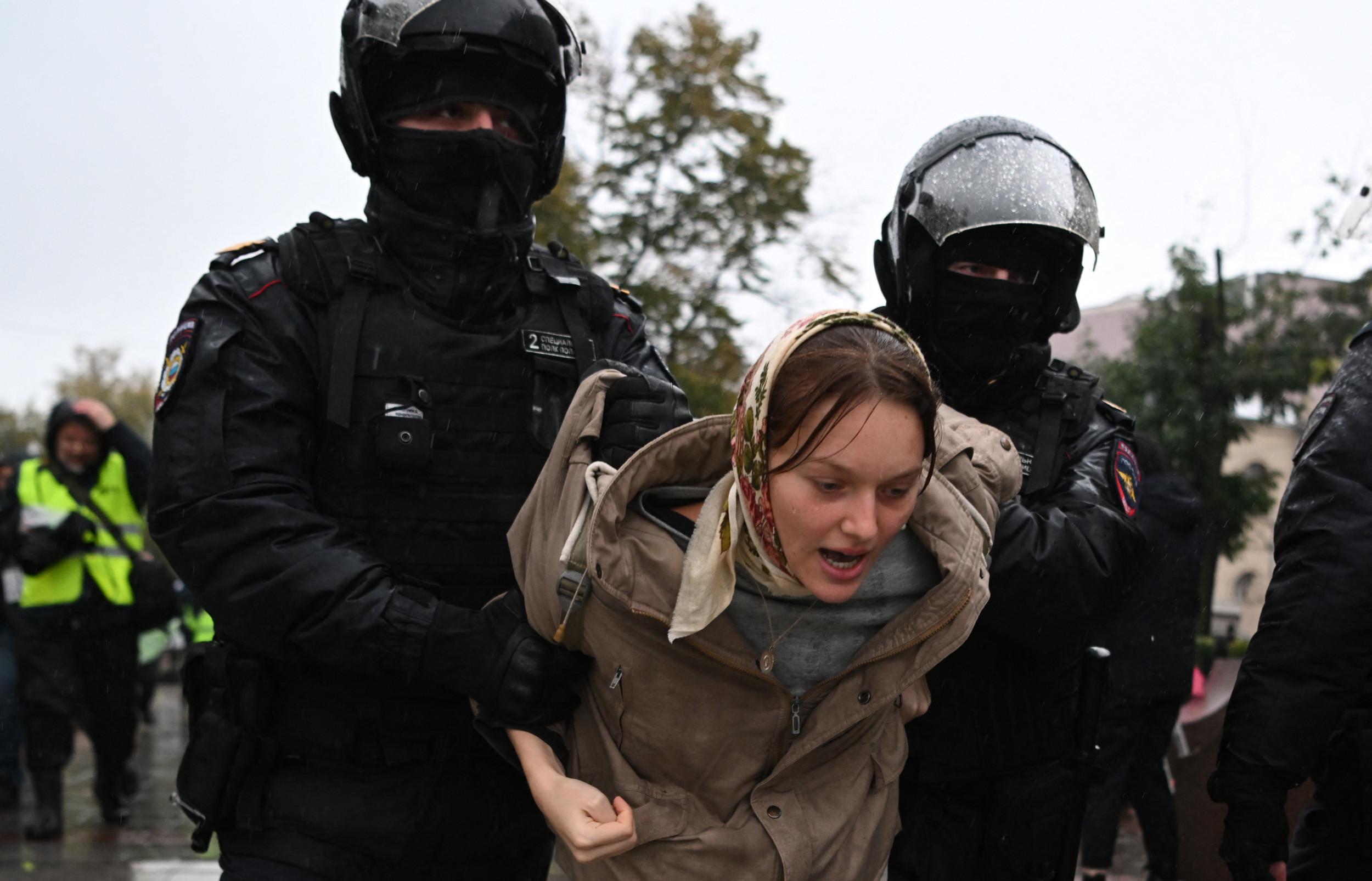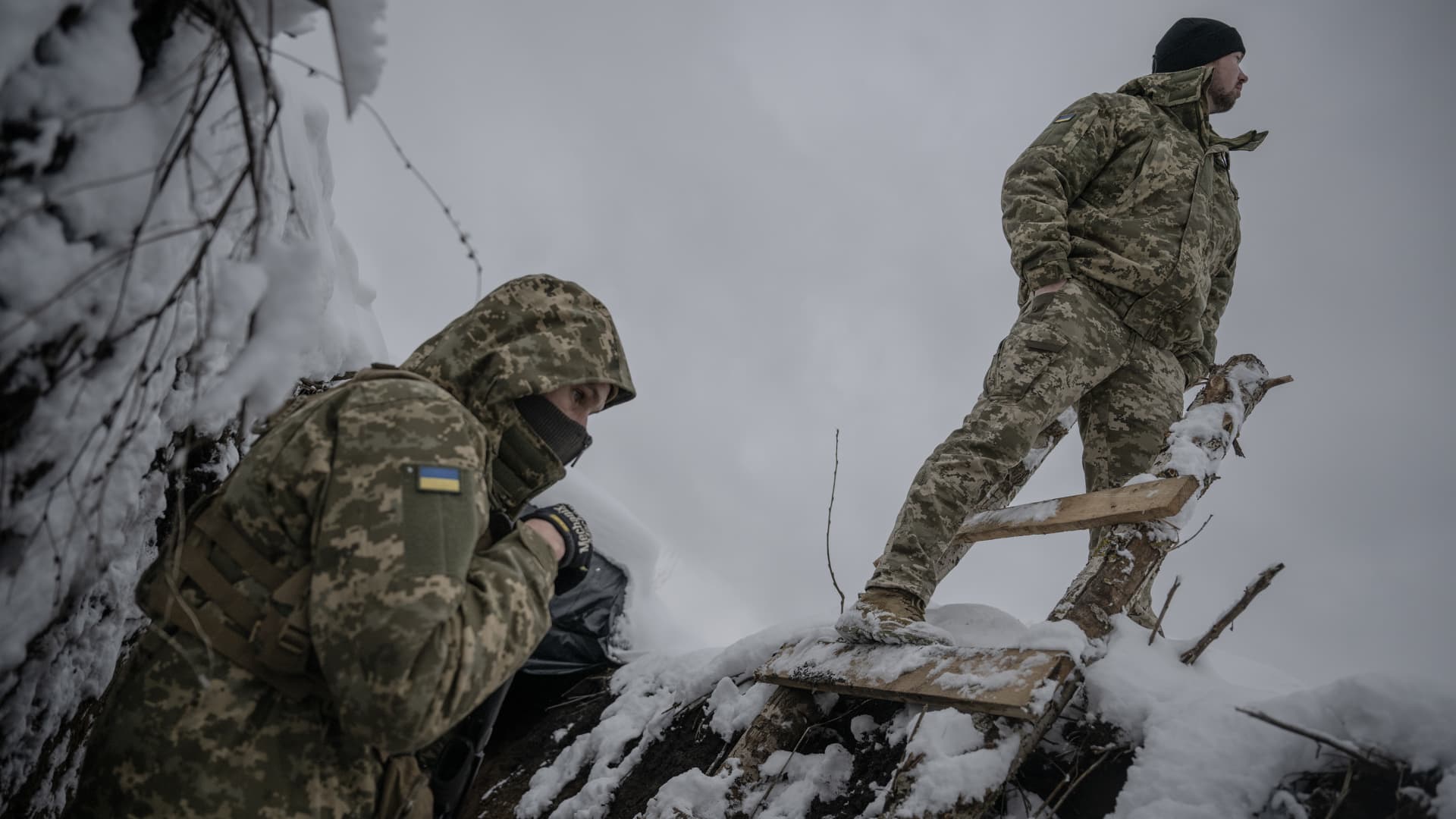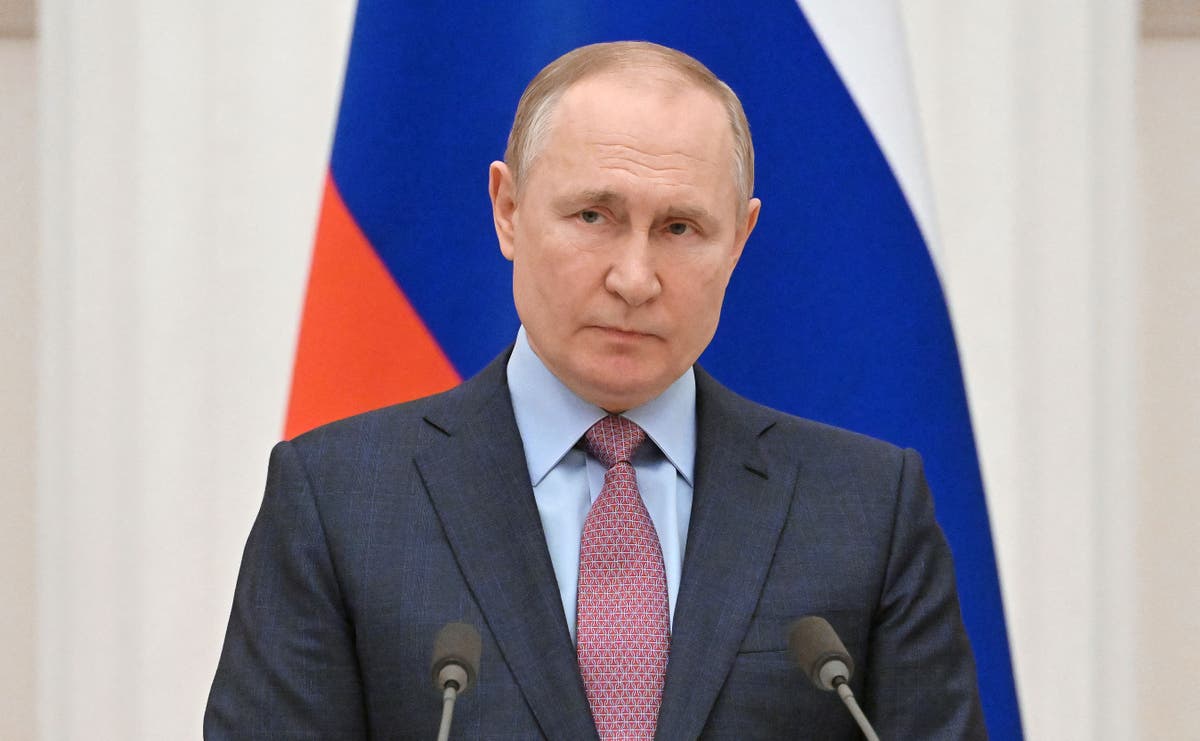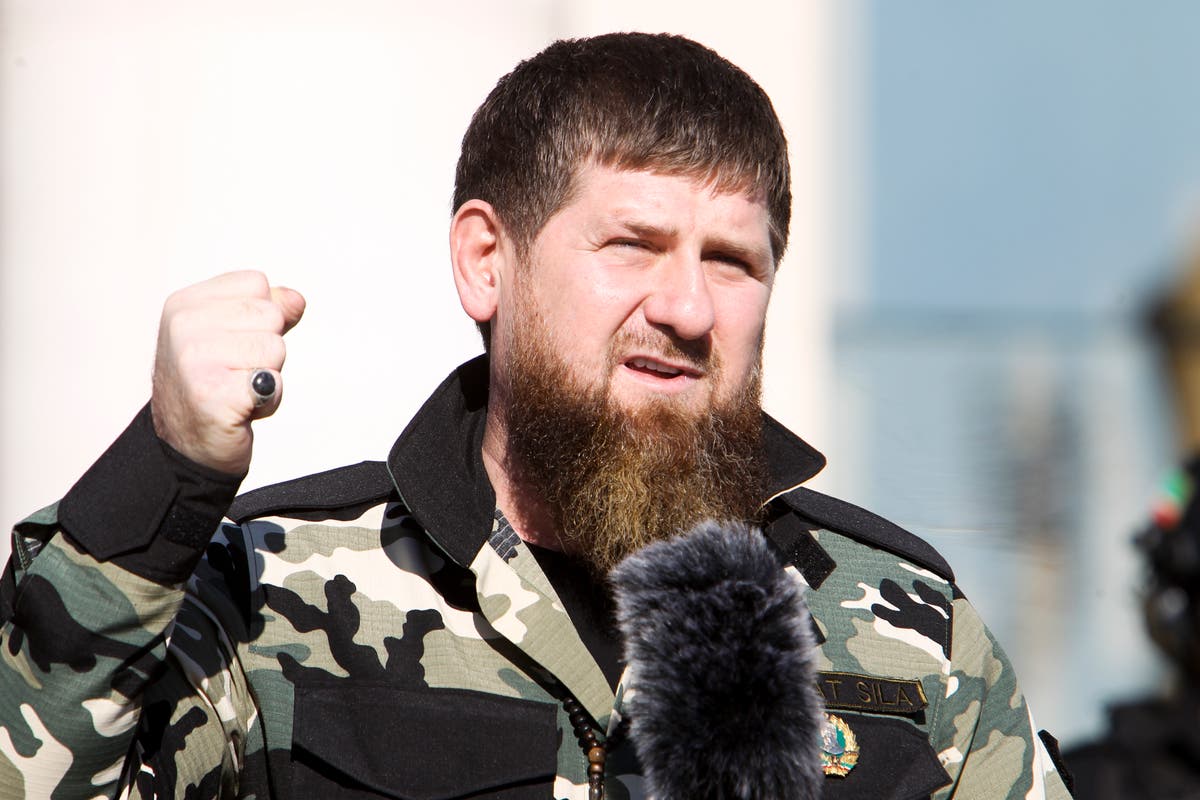Dead, wounded or AWOL: Secret recordings reveal Russian soldiers trying to get out of the Ukraine war
In audio intercepts from the front lines in Ukraine , Russian soldiers speak in shorthand of 200s to mean dead, 300s to mean wounded. The urge to flee has become common enough that they also talk of 500s — people who refuse to fight.
As the war grinds into its second winter, a growing number of Russian soldiers want out, as suggested in secret recordings obtained by The Associated Press of Russian soldiers calling home from the battlefields of the Kharkiv , Luhansk and Donetsk regions in Ukraine.
The calls offer a rare glimpse of the war as it looked through Russian eyes — a point of view that seldom makes its way into Western media, largely because Russia has made it a crime to speak honestly about the conflict in Ukraine. They also show clearly how the war has progressed, from the professional soldiers who initially powered Vladimir Putin’s full-scale invasion to men from all walks of life compelled to serve in grueling conditions.
“There’s no f- ‘dying the death of the brave’ here,” one soldier told his brother from the front in Ukraine’s Kharkiv region. “You just die like a f- earthworm.”
The prospect of another wave of mobilization lingers, even as Moscow has been trying to lure people into signing contracts with the military. Russia’s annual autumn conscription draft kicked off in October, pulling in some 130,000 fresh young men. Though Moscow says conscripts won’t be sent to Ukraine, after a year of service they automatically become reservists — prime candidates for mobilization.
Russia’s President Vladimir Putin attends a press conference with his Belarus counterpart, following their talks at the Kremlin in Moscow on February 18, 2022
(Sputnik/AFP via )The AP verified the identities of people in the calls by speaking with relatives and soldiers — some of whom are still at war in Ukraine — and researching open-source material linked to the phone numbers used by the soldiers.
The conversations, picked up in January 2023 — some from near the longest and deadliest fight in Bakhmut — have been edited for length and clarity. Names have been omitted to protect the soldiers and their relatives.
The voices in these calls are of men who didn’t or couldn’t flee mobilization. Some had no money, no education and no options. Others believed in patriotic duty. One worked in a meat processing plant, cutting bone. Another worked at a law firm. A third, who worked as a roofer and later at a supermarket company, had a string of debts and had defaulted on his utilities payments, records show.
It is hard to say how representative these calls are of sentiment in Russia’s armed forces, but their desperation is matched by a spike in legal cases against soldiers in Russia who refuse to fight.
What’s happening in Ukraine is “simply genocide,” the soldier in Kharkiv told his brother. “If this s- doesn’t stop, then soon we’ll be leading the Ukrainians to the Kremlin ourselves,” he said.
“This is just a huge testing ground, where the whole world is testing their weapons, f- it, and sizing up their d-,” he went on. "That’s all.”
But there are other voices, too, of men who remain committed to the fight.
“As long as we are needed here, we will carry out our task,” a soldier named Artyom told AP from eastern Ukraine at the end of May, where he’d been stationed for eight months without break. “Just stop asking me these stupid questions.”
The Kremlin and Russian Ministry of Defense did not respond to requests for comment.
SOLDIER: ‘BONES, TEARS — ’
When he finally got to go home, it came at a terrible price: his brother’s life.
Nicknamed “Crazy Professor” because of his disheveled hair, he was swept up in the first days of Russia’s September 2022 draft. The soldier said he was assured that he wouldn’t see combat and would get to go home every six months.
Neither turned out to be true.
After a few weeks of training, the Professor was sent to the front line near Bakhmut as a mortarman. He wanted out almost immediately. He was ill-equipped, at least compared to the well-camouflaged Wagner soldiers wandering around.
“They have night vision and automatic rifles with cool silencers. I have an automatic rifle from 1986 or hell knows what year,” he told his brother in a January phone call.
It was his job to aim, but the Russian army’s coordinates were so sloppy that soldiers ended up killing each other.
The Professor said his commander instructed them not to kill civilians, but who was a civilian and who was a combatant? Even a kid could carry a grenade, he told his brother. Where did the mortars he fired land? Had he killed children?
The worst was when he was out with young guys in his unit. There was just a strip of woods between them and the Ukrainians.
“I imagined that there, on the other side, there could be young people just like us. And they have their whole lives ahead of them,” he told AP in June. “Bones, tears — all the same, they are the same as we are.”
The Professor told himself he didn’t really have a choice: Either fire the mortar or face criminal charges and end up in a pit or a prison.
“If you don’t like something, if you refuse to do something, you’re considered a refusenik," he told AP. "That is, you’re a ‘500’ right away. ... So we had to follow orders. Whether we wanted to or not.”
The Professor never thought he’d be a refusenik one day too.


/cloudfront-us-east-2.images.arcpublishing.com/reuters/OLGLHFVV4BNZBELBRMY6N5IY64.jpg)
/cloudfront-us-east-2.images.arcpublishing.com/reuters/7KQVSLJEUJNADOH6KNLQP6HJS4.jpg)
















